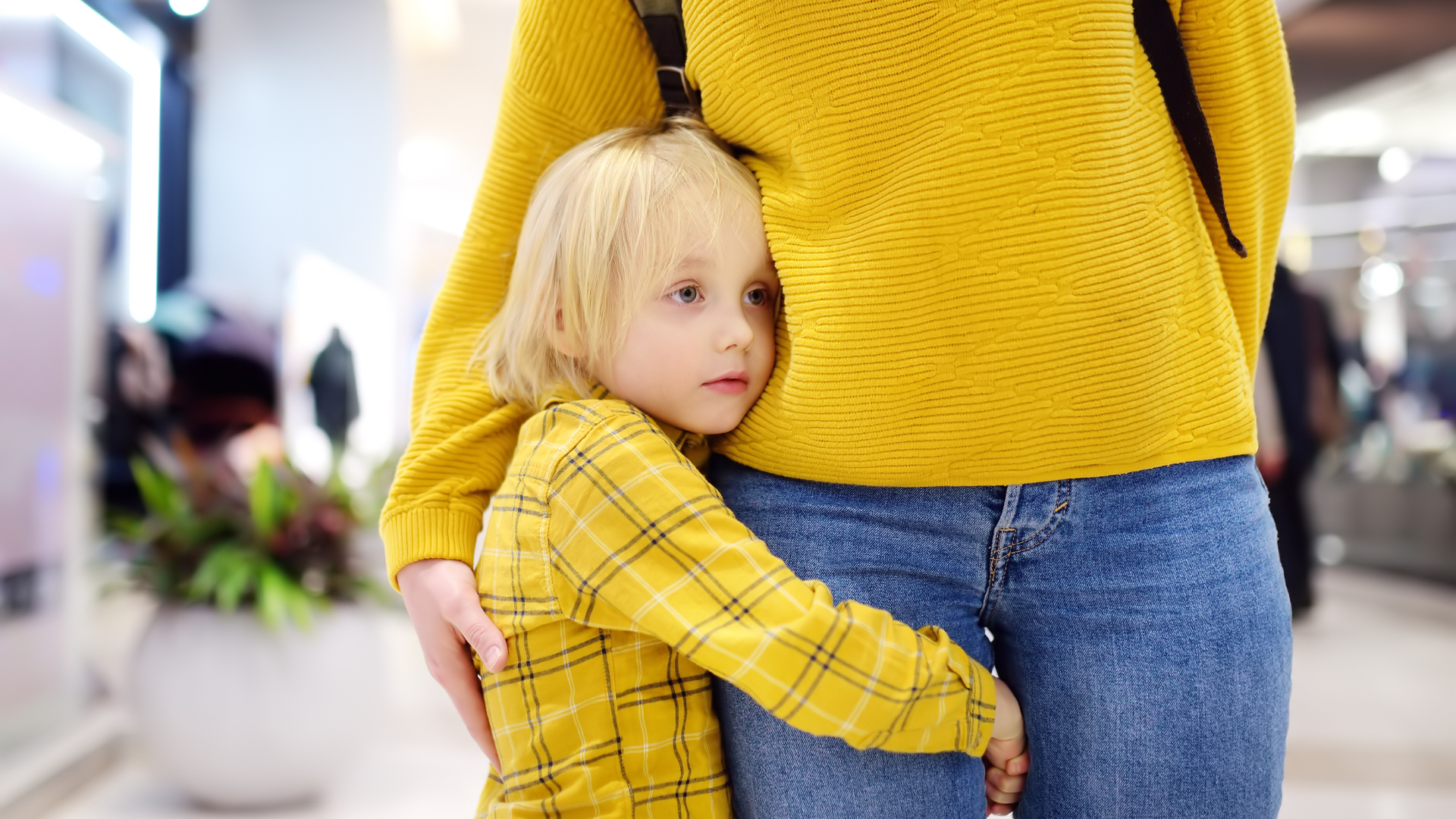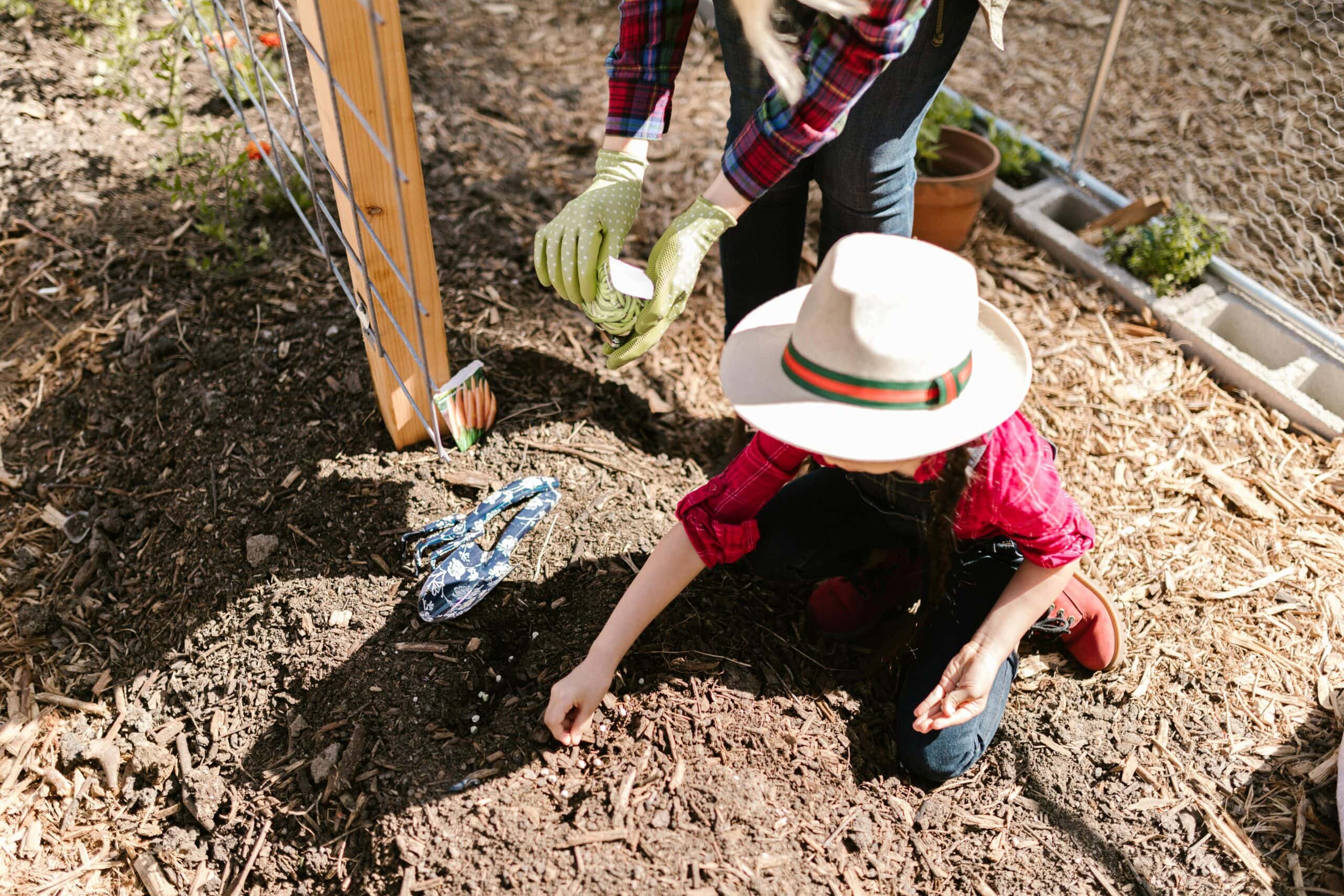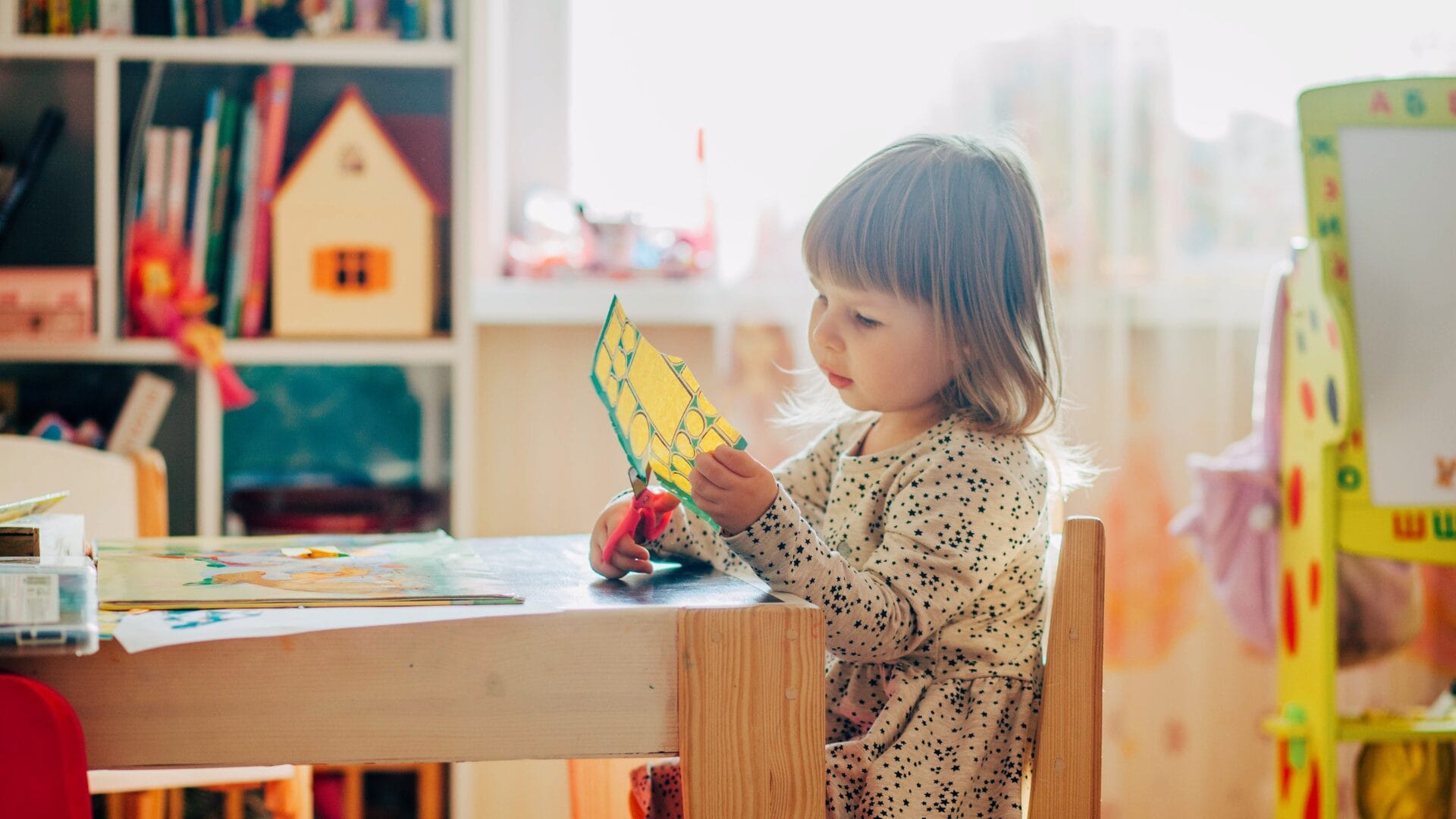It’s drop off time and you’re already a little late for work – like most mornings!
You pull into the carpark and your child looks out the window with concern on their face. It breaks your heart to see their little face clouded with worry – you know the tears are not far away. You also know they will be fine once they are through the gates and playing with their friends. Won’t they?
In this blog we will unpack a few ideas on helping your child to be understood, feel safe and happy during their time away from you at their early childhood service.
.
.
.
There are many different children who share space with your child, with just as many personalities. All these tiny humans and their social groups have different dynamics. What we want to do is support our children in learning to understand this and finding their own safe space in their group, where they can be themselves.
The key to a child feeling safe in this group environment is safety. Safety and connection with another person (like we understand from Attachment Theory) is so important in the early years. Once hand-over is complete and you are off on your way to work, your child’s educator should be able to put this into practice.
Find the educator your child has the deepest connection to and feels safe with. If you can, organize to hand over your child to this same educator at drop off. Yes, they will be busy doing a million other things, but educators will always do their best in prioritizing your child and their needs over everything, so don’t be afraid to ask.
There may be times where your shy child doesn’t want to leave their educators’ side, but they will sit with them and watch the children play, that’s OK as well – they are observing the other children, sussing them out and seeing how they interact with each other and the space they have. We need to give children the time and space to make up their own minds. An educator may take your child’s hand and see if they want to explore the fort or the space together. Your child will feel safe to explore and know their secure base is there beside them. If we, as parents and educators, are patient and consistent, and we don’t make the child feel rushed or abandoned – independence will happen. What we don’t want is for shy children to feel like we are judging them. This includes using labels and language such as “Don’t be shy”. This is already such an emotional space for them without adding shame on top!
Respecting their choices socially will also help empower them in their own decision making processes during this time, for example if another child approaches and asks your child to come and play, and your child declines the invitation, take the opportunity to reinforce their response with words like “That’s OK, you’re not quite ready to play yet”. There is power in staying passive, it allows children the opportunity to speak their mind and tell their truth.
The educators will take time to introduce your child into the play spaces they enjoy the most, such as ‘Let’s go and use the play fort outside in the yard’. This is also something we can do as parents in social situations where our children need extra support.
The educator will let your child know exactly where they will be – it could be beside the play fort on a little bench under the tree. This is what we will call the ‘secure base’. Somewhere where the child can see the educator, they know they are there if they need them and can easily find them. The educator will make sure there is plenty of distance so your child can enjoy themselves and be around other children.
During this time the educator will observe your child carefully and look for any indicators of how they feel. You may see an educator sitting down simply supervising, but I can tell you there is much more happening. Educators are always observing children with their in-built-analysis-lens, it’s how they are taught and just comes automatically, especially when a parent has asked them to keep a close eye out. Are they playing with any children in particular? Do they look happy? How confident do they seem? What is the energy of the children around them?
They will especially look out for any children who seem dysregulated – any children who are obviously struggling with frustration or the overly excited child that may impact your shy child’s progress. The same goes for if your child is looking overwhelmed – time for a calm intervention to redirect some play, while staying calm themselves – it’s important as Educators in helping children regulate their emotions that we are regulated ourselves!
.
.
.
It won’t be long until your child feels that their early learning service is a place they can trust. Educators and parents can help a lot in this process, while not dominating the situation. With our support, our shy child will soon be able to join in and in time, we will see them initiating play and looking forward to attending each mornings!








